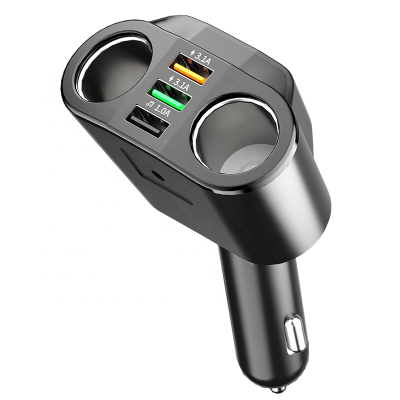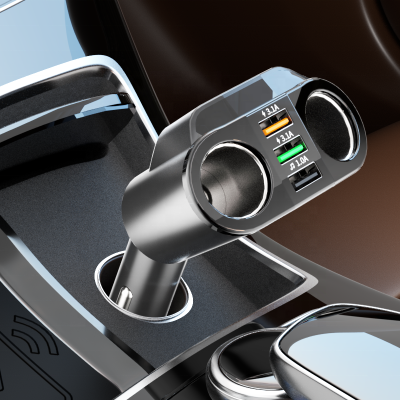Troubleshooting Common Issues with Car Chargers
Car chargers are convenient and essential for keeping your devices powered on the go. However, like any electronic device, they can encounter issues. Here’s a guide to troubleshooting common problems with car chargers:
**1. Charger Not Working
- Check the Power Source: Ensure the car’s power outlet is functioning by testing it with another device or charger.
- Inspect the Charger: Look for visible damage on the charger, including the cable and connectors.
- Fuse Issue: Some car chargers have fuses that can blow. Check and replace the fuse if necessary.
**2. Slow Charging
- Device Compatibility: Ensure your device supports the charger’s output. Older devices might not support fast charging.
- Cable Quality: Use high-quality, certified cables. Low-quality cables can significantly reduce charging speed.
- Multiple Devices: Charging multiple devices simultaneously can slow down the charging speed for each device. Try charging one device at a time.
**3. Device Not Charging
- Secure Connection: Ensure the charger is securely plugged into the power outlet and the device.
- Port Cleanliness: Dirt and debris in the car’s power outlet or the device’s charging port can interfere with charging. Clean both ports carefully.
- Charger Output: Check if the charger’s output (e.g., 2.1A, 3.0A) matches the device’s requirements. Some devices need higher output to charge properly.
**4. Charger Overheating
- Ventilation: Ensure the charger and the device have proper ventilation. Avoid using the charger in hot environments or direct sunlight.
- Device Usage: Using the device while charging, especially for resource-intensive tasks, can cause both the charger and the device to overheat. Limit usage during charging.
- Quality of Charger: Invest in a high-quality charger with built-in temperature regulation to prevent overheating.
**5. Intermittent Charging
- Loose Connection: Check if the charger or the cable has a loose connection. Wiggle the cable slightly to see if the charging status changes.
- Cable Condition: Inspect the cable for any signs of wear and tear, such as fraying or bending. Replace the cable if damaged.
- Power Outlet Stability: Ensure the car’s power outlet provides a stable connection. Loose or damaged outlets can cause intermittent charging.
**6. Charger Causing Radio Interference
- Shielded Cables: Use shielded USB cables to reduce interference with the car’s radio.
- Positioning: Move the charger to a different power outlet or position it further from the radio and its antenna.
- Quality of Charger: Higher-quality chargers are less likely to cause interference. Consider upgrading to a better model.
**7. Charger Draining Car Battery
- Unplug When Not in Use: Some car chargers draw power even when not actively charging a device. Unplug the charger when the car is off.
- Smart Chargers: Invest in a charger with an automatic shut-off feature that stops drawing power when the device is fully charged or the car is off.
- Power Outlet Control: Some cars have power outlets that stay on even when the engine is off. Use an outlet that turns off with the ignition if available.
Conclusion
By understanding and addressing these common issues, you can ensure your car charger operates efficiently and safely. Regular maintenance, using high-quality accessories, and choosing the right charger for your devices can help prevent many problems. If issues persist, it may be time to invest in a new, higher-quality car charger to ensure reliable performance.







